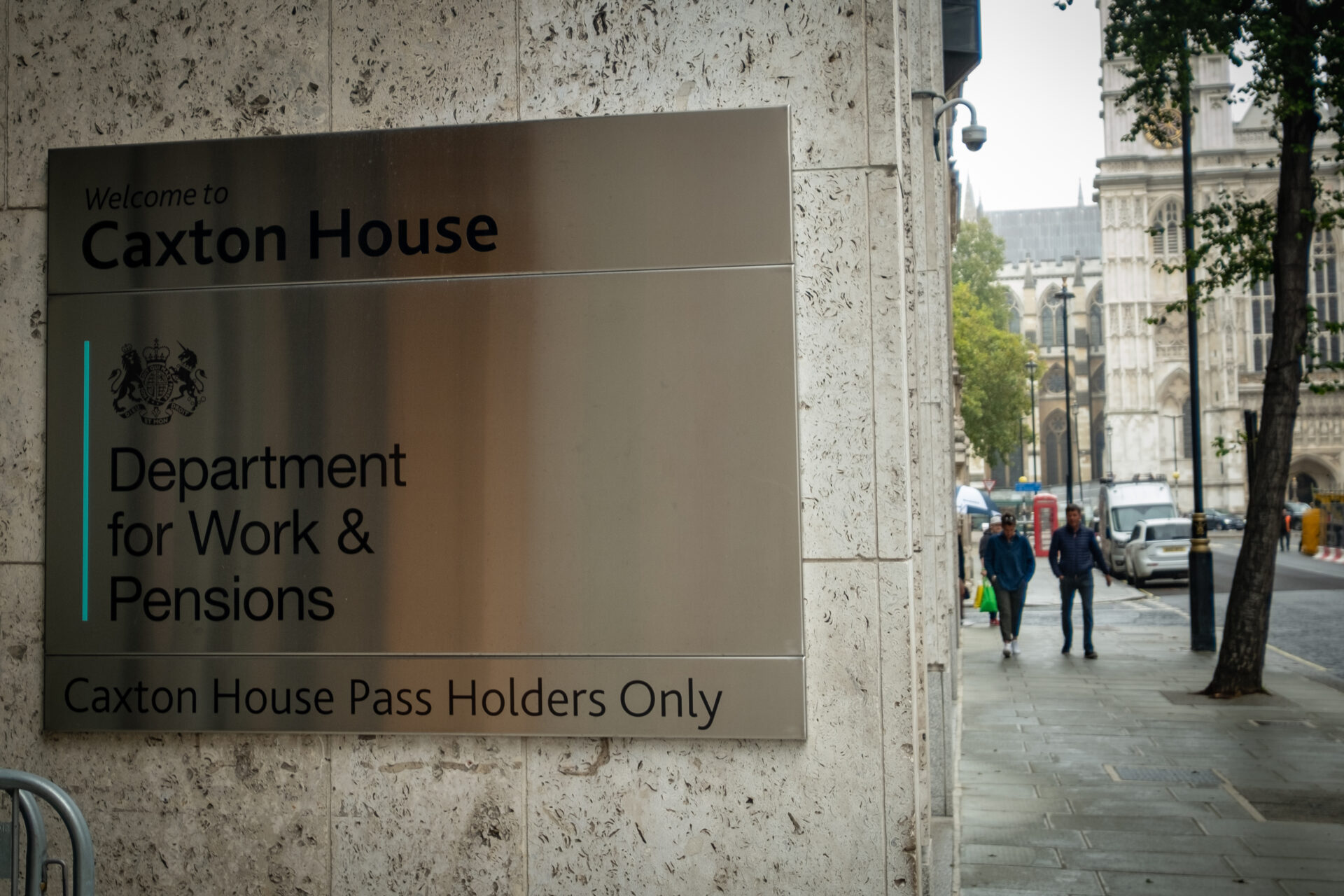The UK government has initiated a consultation to overhaul the Personal Independence Payment (PIP) system, aimed at tailoring support more effectively to those most in need. Announced today, the consultation will explore transitioning from a fixed cash benefit system to one that provides more customised support, reflecting changes in the UK’s health landscape and the rising costs associated with PIP.
Currently, over 2.6 million people of working age receive PIP, with costs expected to reach £28 billion by 2028/29. The consultation, encapsulated in the “Modernising Support Green Paper,” proposes significant reforms to make the disability benefits system more sustainable and responsive to individual needs.
Key proposals include removing the PIP assessment for individuals with certain long-term health conditions or disabilities, and considering alternative support models that could better address the specific extra costs faced by individuals. These models might include one-off grants, vouchers for specific needs, or reimbursements for expenses related to disability.
Prime Minister Rishi Sunak emphasised the necessity of the reforms, stating, “It’s clear that our disability benefits system isn’t working in the way it was intended, and we’re determined to reform it to ensure it’s sustainable for the future, so we can continue delivering support to those who genuinely need it most.”
Work and Pensions Secretary Mel Stride also commented on the initiative, noting, “We’re making the biggest welfare reforms in a generation – protecting those most in need while supporting thousands into work as we modernise our benefit system to reflect the changing health landscape.”
The consultation seeks to gather insights from various stakeholders to shape a benefits system that is fair to taxpayers, better targeted to individual needs, and more difficult for misuse. This reform is part of broader government efforts to enhance the welfare system, ensuring it supports disabled people and those with long-term health conditions to live full and independent lives.

















